‘It’s All Greek’ for Good Reason
It is not by coincidence that the cliché “It’s all Greek to me” connotes incomprehension. While Greek, spoken or written, is notoriously tough to master, its difficulties have an unusual twist on the island. The dozen-odd subdialects of the mother tongue can be quite confusing to the untrained ear.

A fairly common sublingo is Bar Greek, a language tailored to obtaining service, ordering rounds, and eventually calculating the tab. An inmate of the rock may hereby specify exact wishes, such as a beer and a bottle of chilled white wine with four glasses:
“Parakalo, mia beira, ke ena boukali pargomeni aspro grasie meh tessera bouteria.”
Impressive bar banter in the Hellenic third person can ensue at length to include ashtrays and directions to the head.
Once having spent an enjoyable afternoon with one old timer on the port, I stopped a muleteer and asked my companion if he could explain about keys and the whereabouts of a house for guests that were arriving. After introductions and a brief discussion about the weather, my translator ran dry.
“My dear fellow, I don’t understand a word he is saying.”
He explained that while he was fluent in taverna and café Greek, when it came to other matters, the language became a blur.
One local bloke, an Auzzie skipper marooned for over three decades on the Rock, admits that he will never get his tongue around the language—but he does speak fluent Nautical Greek. He knows the names of obscure things like grappling hook, and complicated phrases like “Your anchor is laying port side of my chain so be cautious when raising yours, as our respective yachts could become entangled.” On land, the man needs a translator.
Similarly, other versions of Greek could leave one with the impression that all participants to an exchange were fully conversant. Ex-patriots who have dabbled in the building trade appear to be multilingual, but are in fact only partially bilingual. Cement we can order, ink not.
My pidgin has a broader base due to the selection of tasks I have performed, but the reality is that no matter how many new words I learn, there will always be some that can trip me up. A slight slant in vowel enunciation can produce an exciting response.
Early on I learned the word for soft, malakoe, so that I could explain to the chef at the Breakfast Club my preferance for runny, rather than rubber-fried, eggs with my bacon.
“Parakalo thelo avga ke baycon—malaka, “ I said, emphasizing the new word I had practiced.
“Tea!!??” my chef queried. The volume of his response indicated that he wasn’t asking me what beverage I wanted with breakfast, and anyway, I knew tea in Greek meant what.
“Malaka emay? Essee ena Malaka.”
The animated chef, unamused by my order, was calling me soft back?
“You know, you just called the guy a wanker,” said a nearby inmate coming to my rescue. He then explained to the chef that a twisted vowel had been the culprit and that I had indeed being trying to impress the bloke with my newly found linguistic skills. “Greeks are used to foreigners making a hash of their language,” he laughed. I never got yokes my fork could bounce on after that.
Another trick in expanding one’s vocabulary is to fiddle with the English word, generally adding a vowel or two.
A mate and I were in Four Corners minimarket searching for mustard. I explained in pidgen what we were after:
“You eat it with meat, hot on the tongue, a kind of paste, you know mustard.”
Dimitri’s eyebrows jerked in the negative with each additional in description. I was running out of vocabulary, when he saw a glimmer and proudly produced a bottle of tomato sauce.
“Not tomato sauce, mustard.”
“Neh, ketzup. Sauce for food.”
“Ketzup, aye? You say potato and I say—that’s another word learned, but oxi the right sauce, the one I want is yellow in colour.”
Dimitri scratched his head muttering, and we gave up. As we were heading out the door, his voice boomed with the dawning:
“Ahh, moustardo! Ella egho.”
On another occasion we spent an interesting morning going through the chaotic piles of stock at the Plastic Man. The Plastic Man sold everything, but he also sported the largest selection of plastic kitchen utensils and furniture, and so by description of his store, he had inherited the nickname. Many shops on the island had acquired such monikers: the Frozen Man, not surprisingly a chap who sold frozen victuals, the Video and Gunpowder Man, whose shop sold pyrotechnics next to videos for rent, and so on.
Saying the word avga (egg), accompanied by some miming, would do the trick, we thought, an egg flipper being a common kitchen device and all. In our search for said item he unearthed a 1950s East German eggbeater, pans, whisks, poachers, and anything else connected to cooking an egg.
“Everything except a spatula,” said my mate shaking his head in awe at the selection.
“Ahh, spatoula,” beamed the Plastic man, who dove to an exact spot in the mountain of paraphernalia.
One inmate had a delivery “delay” of over a year due to a single vowel. Once, every so often, she would go to the local courier to enquire when her parcel would arrive. The words for never and when are so similar that it is easy to see where confusion and time-lapses can occur: pote (emphasis on e) and pote (emphasis on o) makes the difference between an immanent package and one marked “never.”
Another tip in increasing one’s vocabulary is to differentiate the object into time periods. If it was built or invented in the last century or so, the word for it will often have an anglicized base: aeroplane, an aeroplano, tellyorasie, a television, komputer, a computer, etc.
A lot of words are the basic foundation for the same word in in many major languages: democrasia, philosophia, catastrophia, and most phobias. Even an association of the word’s root, a branch of it, can assist the linguistically handicapped like myself. An earthquake is a seismos and to steal is to klepsie. Great words that one tends to adopt in time.
Some words just look the same—difficult is disscolo. Others simply seem impossible. A toothpick is an othontaglyffeetha.
It’s a question of mixing and matching words and associations. Another few thekahdes, and I reckon I’ll have this glossa down pat (Greek for tongue and language, borrowed no doubt from our word glossary).
Easy this language stuff, really.

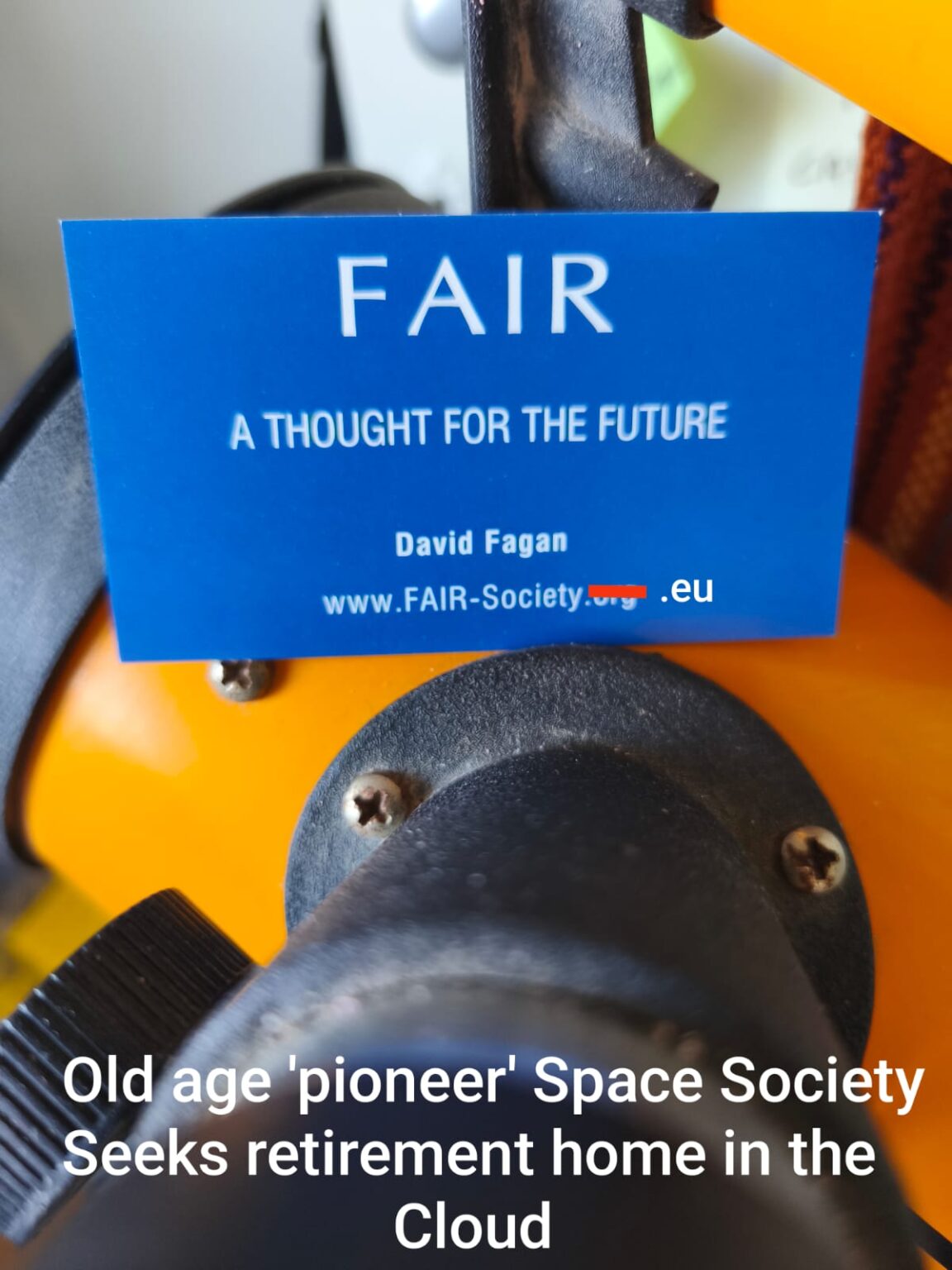

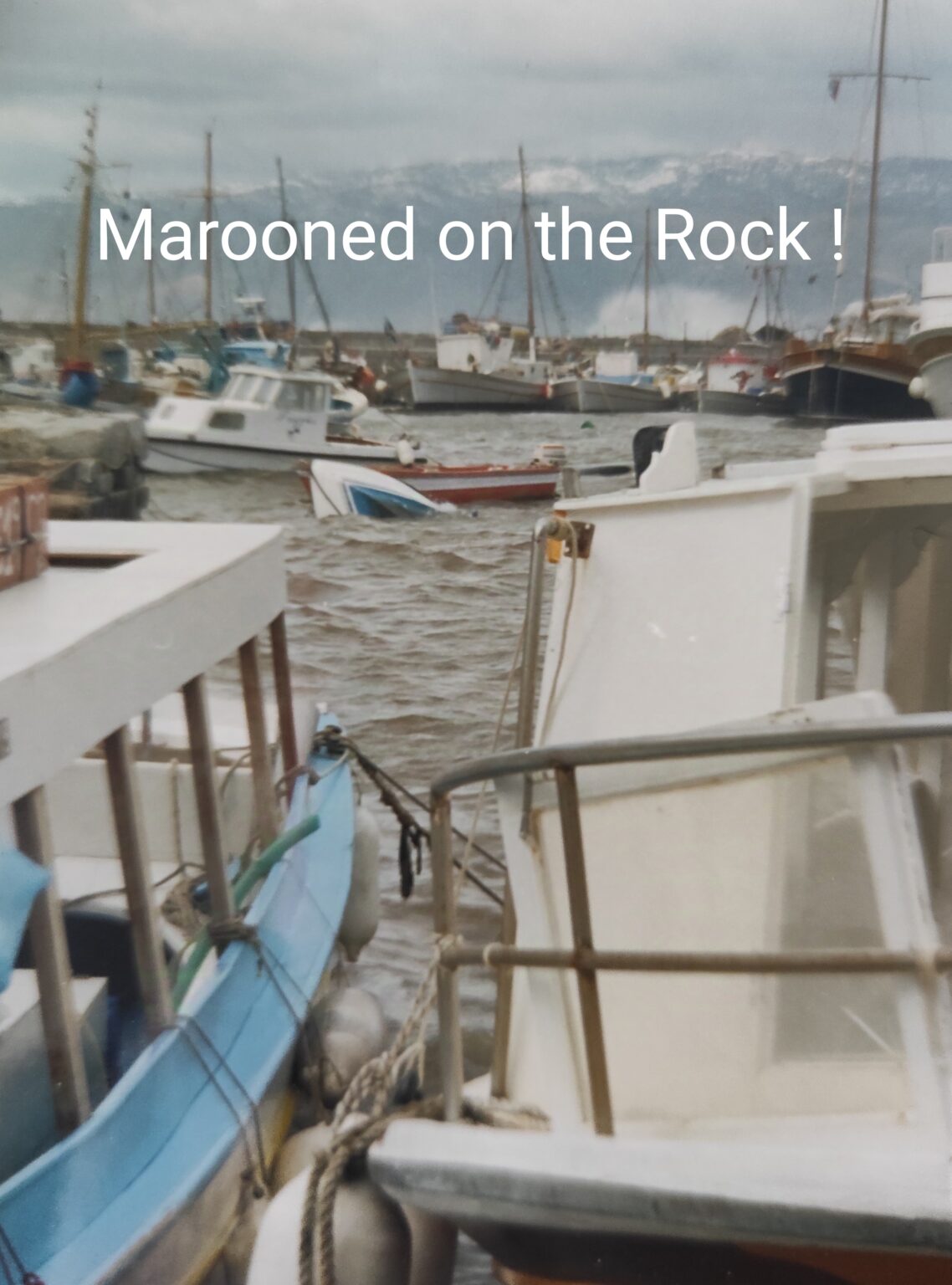

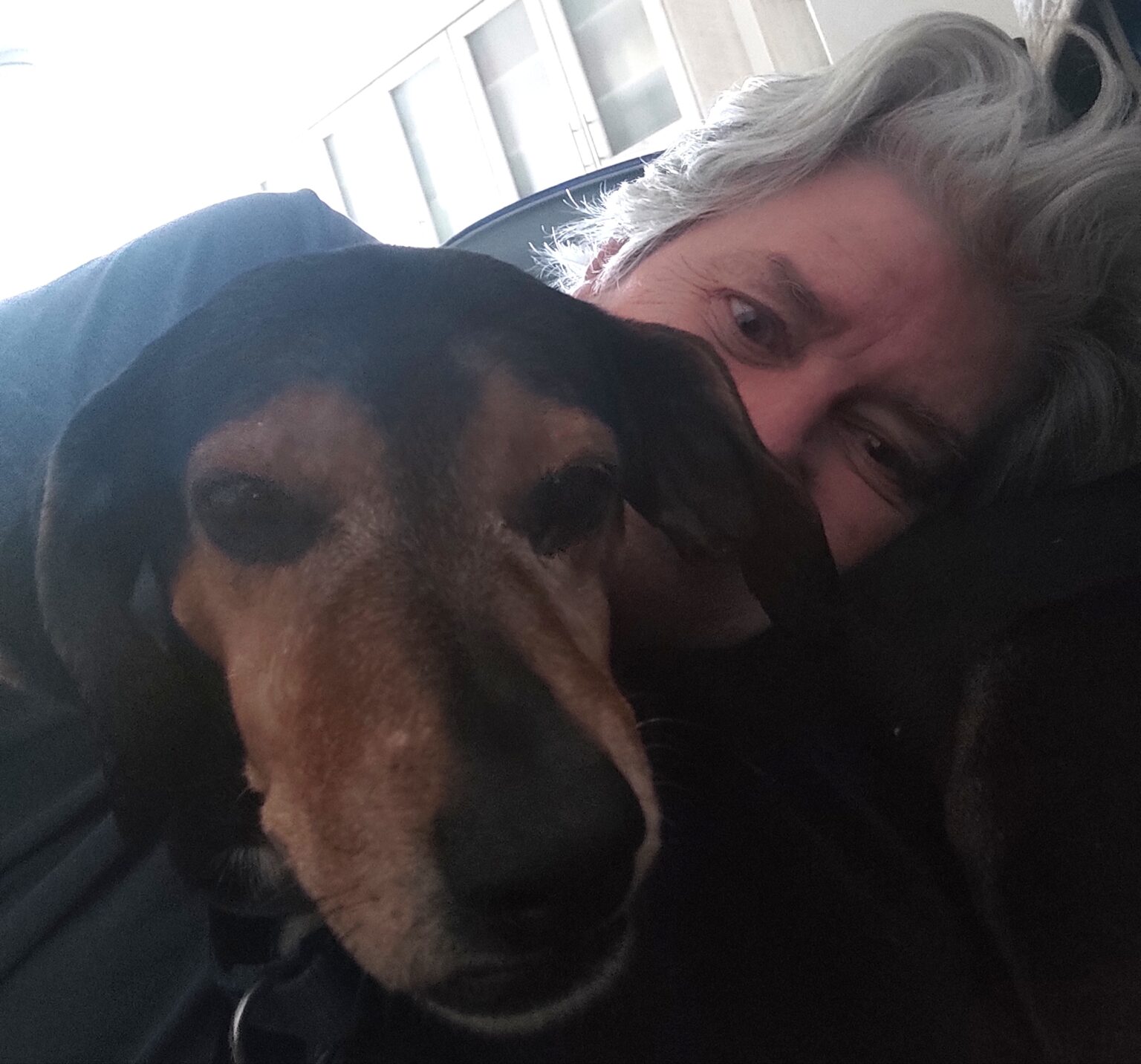


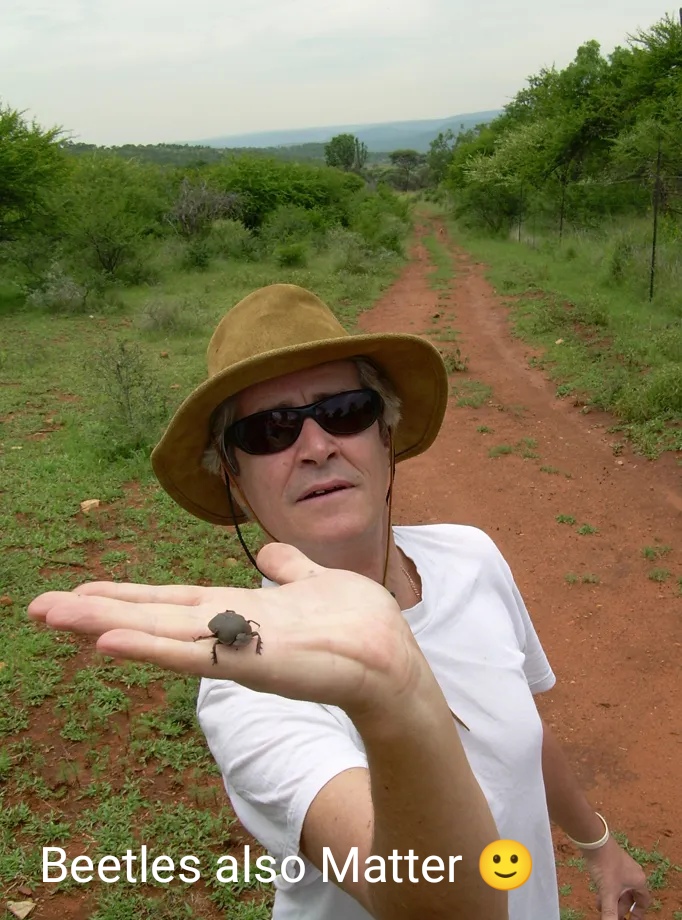

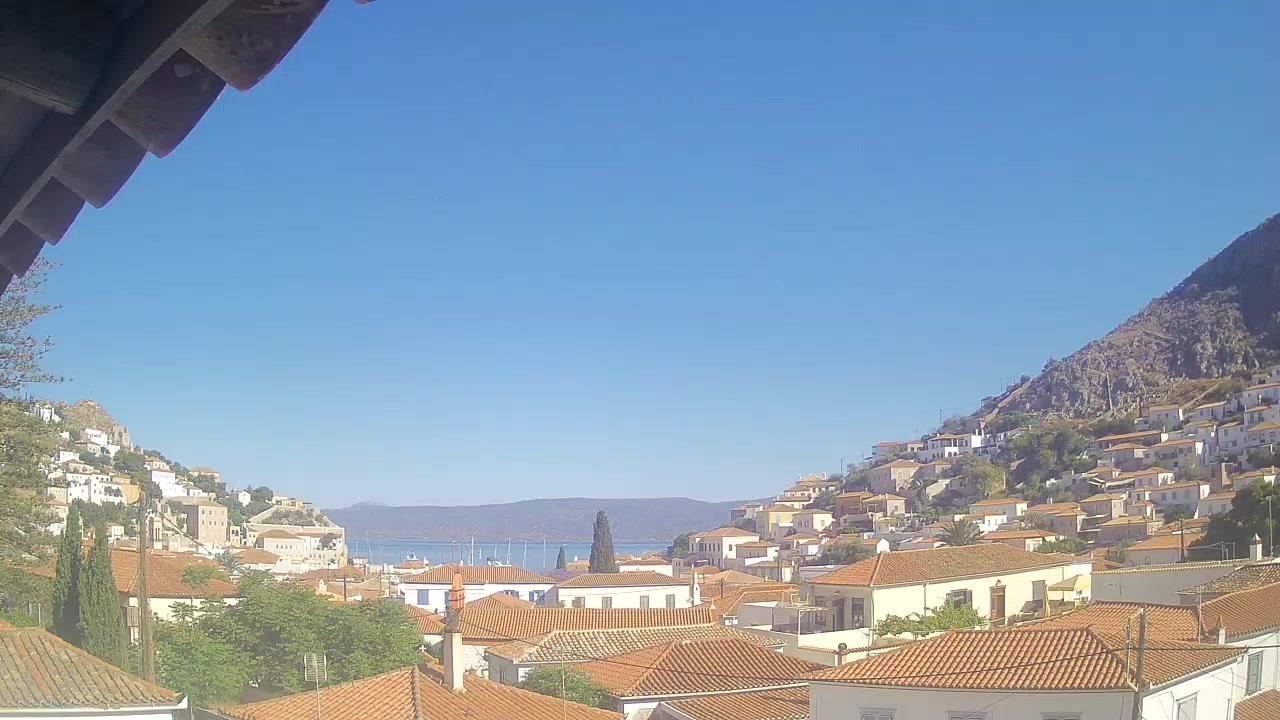
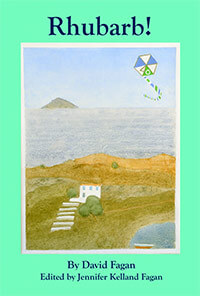
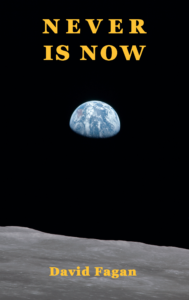


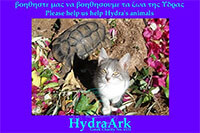

Leave a Reply
You must be logged in to post a comment.